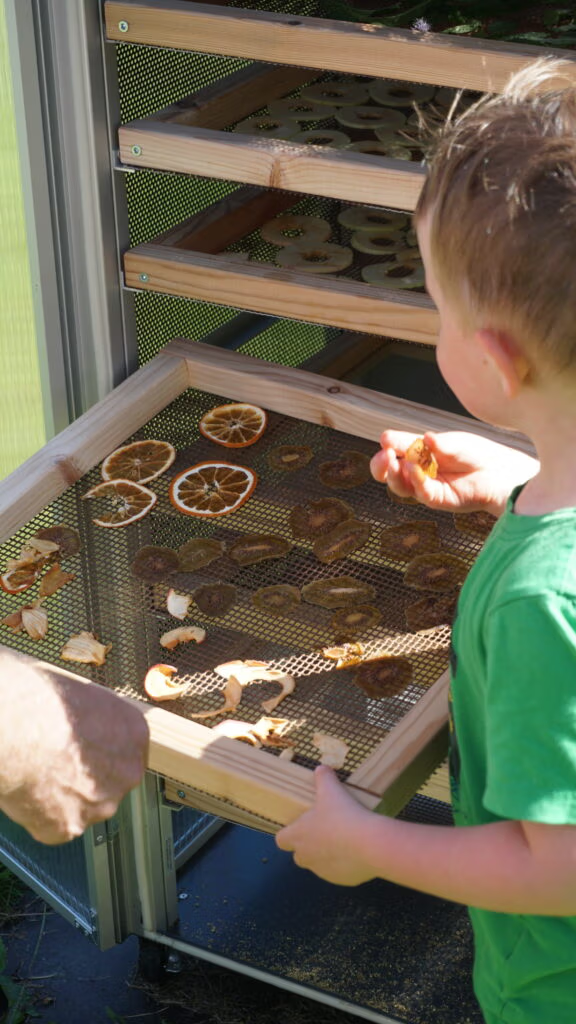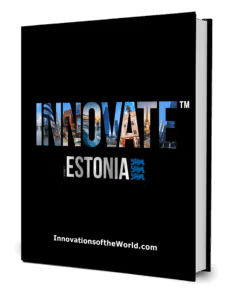In many rural regions, fresh harvests are lost before they ever reach a market — not because of poor quality, but due to heat, humidity, and lack of proper preservation. GlobeDry, a family-owned Estonian company, is tackling this challenge with solar-powered food dryers that allow communities and food entrepreneurs to preserve produce safely, reduce waste, and create new income streams — without electricity or complex infrastructure.
GlobeDry’s dryers use controlled solar-air heating and optimized airflow to gently remove moisture while protecting nutrients, flavor, and color. This is not traditional sun-drying but a process that ensures food safety and quality. By doing so, GlobeDry helps farmers, cooperatives, and food entrepreneurs reduce waste, add value to seasonal harvests, and gain access to premium markets.
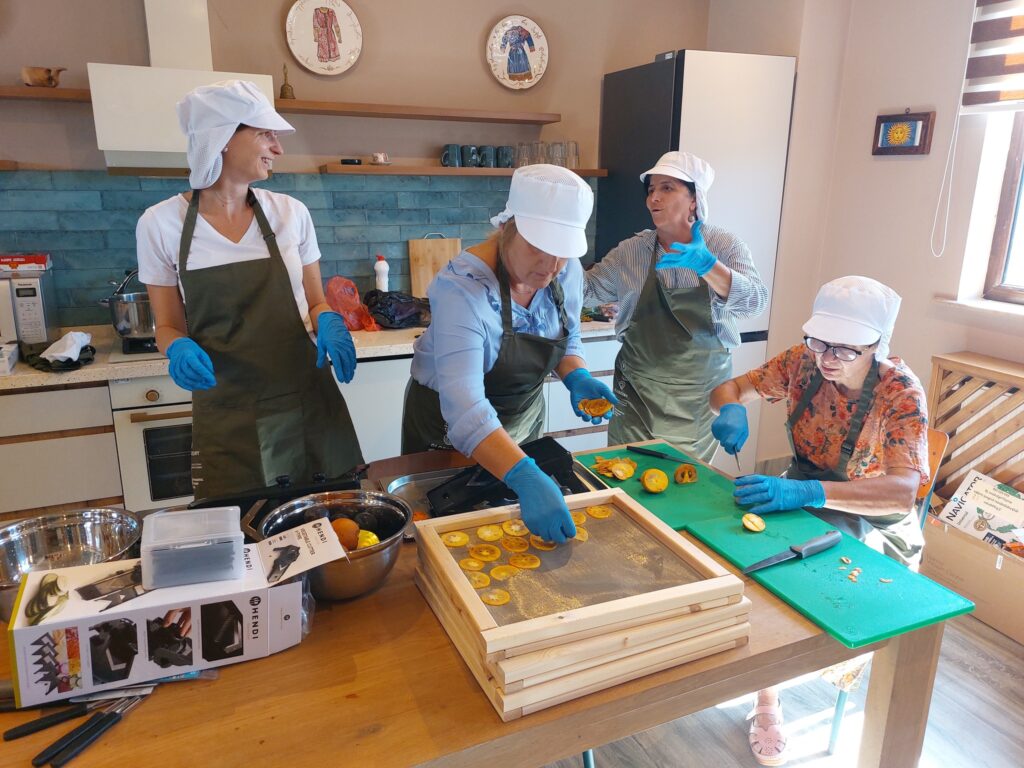
A Solution Born from Nature and Necessity
After multiple prototypes and testing cycles, the first GlobeDry model was launched. Today, it is being used in settings ranging from rural communities in Georgia and East Africa to small food producers and circular economy projects in Southern Europe. In regions like Spain, the focus is not on infrastructure gaps, but on lowering energy use, creating premium value-added products, and supporting more sustainable food systems.
The company is also exploring future digital tools to support traceability and quality assurance — helping producers connect drying practices with product value in increasingly transparent markets.
The company has also become known for its training-first approach: supporting local entrepreneurs and cooperatives with food safety and environmental education, drying techniques, and simple quality control tools.
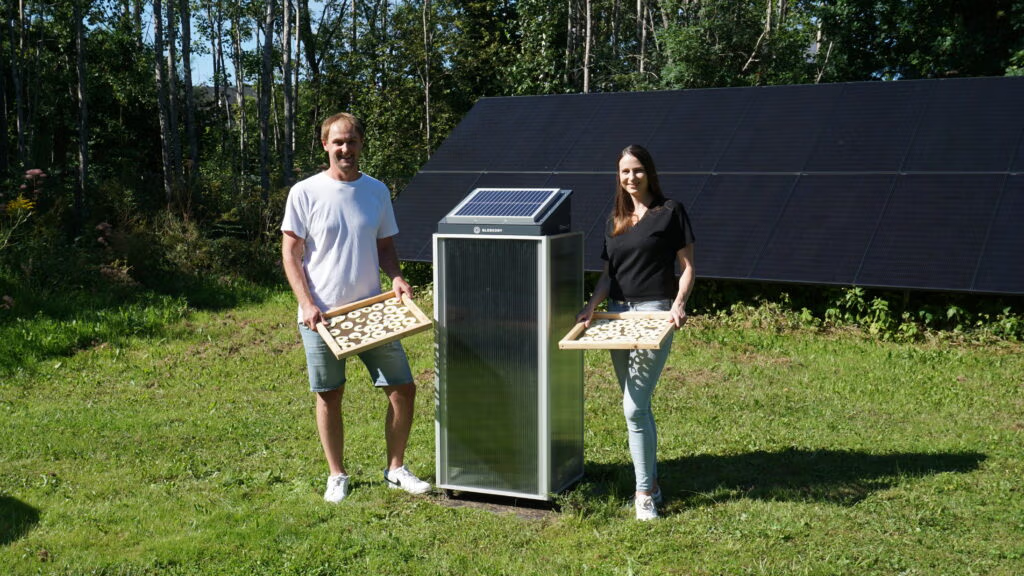
Empowering Women and Communities
GlobeDry systems have been successfully piloted in Georgia, Uganda, and Kenya in collaboration with local partners and NGO Mondo. In many of these projects, women are the primary users and drivers of the drying operations — managing everything from harvest handling to packaging and sales.
“Our dryers give people more than just storage, they give time, flexibility, and control over how and when to sell — which is especially important for small farmers and women-led businesses.”
– Margus Kullerkupp, Co-founder –
In Georgia’s Samegrelo region, trainees preserved nearly 500 kg of solar-dried fruit in just the first season, with the dried goods being used in local product development and tastings.
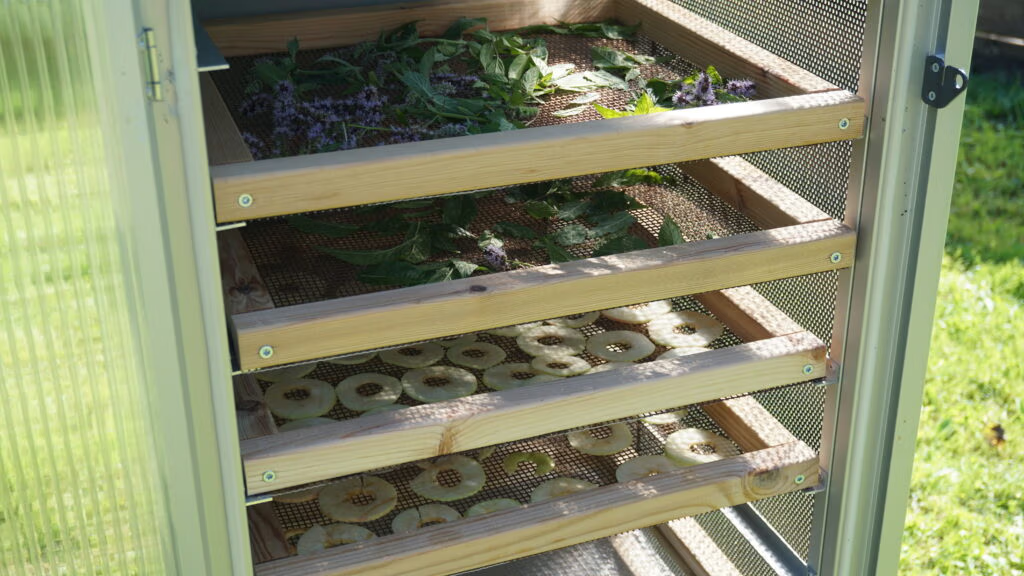
A Vision for a Circular, Climate-Friendly Food System
GlobeDry is now scaling its model to support a wider range of food producers and communities — from farms and cooperatives to small food businesses and regenerative initiatives. As interest grows in reducing food waste, creating clean-label products, and lowering energy use in processing, solar drying offers a climate-smart solution for many regions.
At the heart of GlobeDry’s long-term vision is the idea of building a global ecosystem of “SolarChefs” — local producers who dry food cleanly using solar power, provide nutritious, transparent products to their communities, and earn better incomes through fair food pricing. These SolarChefs not only benefit from clean, chemical-free dried foods themselves, but also help others eat more sustainably. GlobeDry plans to support this network through a future platform that connects producers directly with conscious buyers around the world.

“In a world where malnutrition and food waste coexist, we see dried food as part of the solution, it doesn’t have to be full of sugar or preservatives. It can be simple, clean, and healthy — something you’re proud to give your kids.”
– Ingrid Kullerkupp, Co-founder –
As a family-run company, GlobeDry blends technical innovation with values of care, fairness, and circular thinking. The goal is to support local food systems that are more resilient to climate change, less dependent on fossil fuels, and more equitable for producers.
